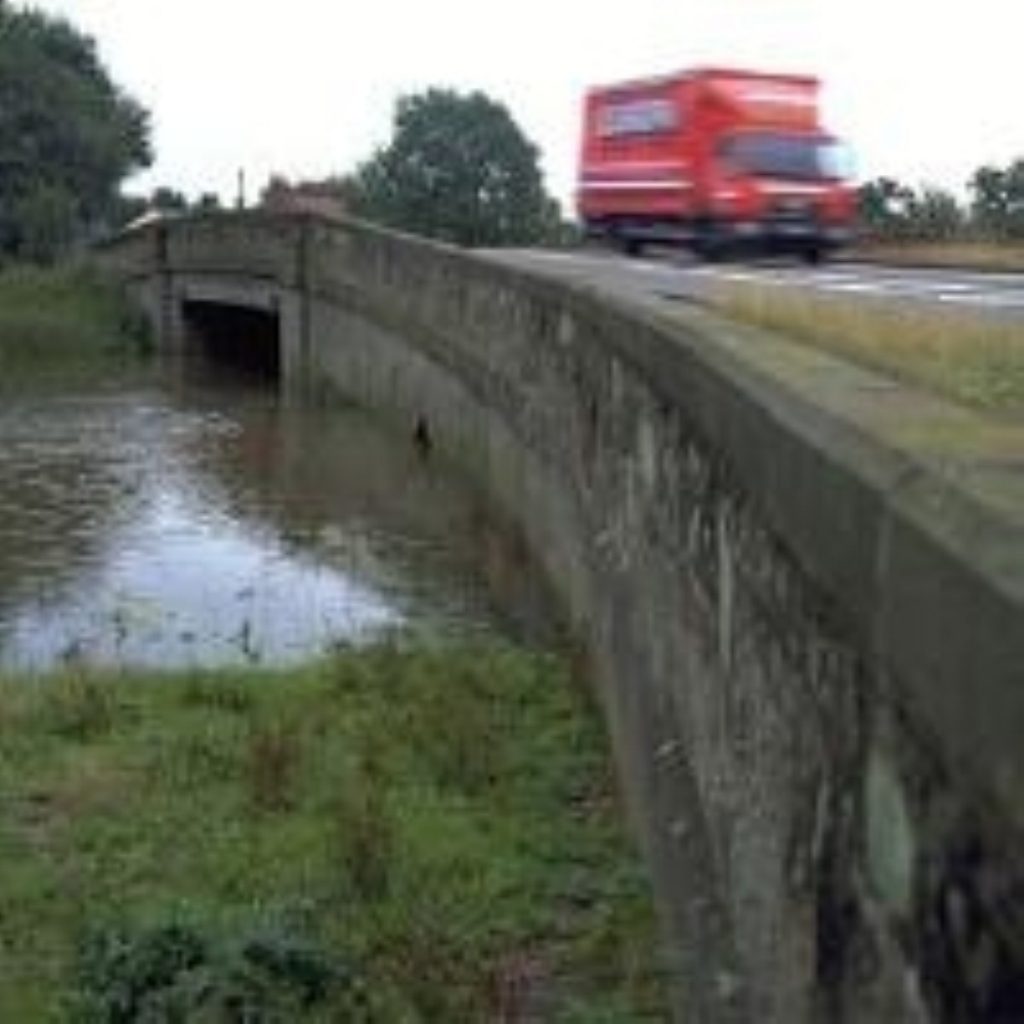Darling: Road pricing in four years
A scheme to charge lorry drivers for using the roads will be in place within four years, Transport Secretary Alistair Darling said on Tuesday.
And he hinted that it could be extended to cars and vans.
In July, the Government published a study into the feasibility of road pricing in the UK, which concluded that the system was feasible, but that “people need to be confident that road pricing is designed to deliver transport and other benefits, rather than as a means of raising more revenue”.
It is anticipated that vehicles would be fitted with position fixing technology, which would then monitor how many miles and at what times a vehicle travels. Drivers would then be charged depending on the journeys they made, with road and fuel duty cut. Heavy drivers would most likely face an increase in current motoring costs, whereas light users would see their costs drop.


The Government study suggested that the equipment necessary to deliver a full position-based charging scheme will not be available “in a mass market, low cost form, until at least 2014.”
Speaking to the Freight Transport Association’s annual dinner, the Transport Secretary said Britain could not solve all its transport problems by building new roads, as the financial and environmental cost would be too great. Therefore, it had to make the most of what it already had.
Most roads were not congested at all times, only in rush hour, so people had to be persuaded to travel at different times. A key part of doing that would be road pricing, he said, and it would be introduced in the next four years for lorry drivers at least.
Road pricing for lorry drivers would be fairer, “not least because foreign lorry drivers will pay their share for using roads here”, he said.
And if expanded to cover cars and vans, road pricing could achieve £12 billion savings a year in reliability and time savings, he claimed.
Mr Darling said: “The benefits come from paying the costs of the driving we do – a higher price when the roads are busy, a lower price when they are not, as we have long since become used to with other services – mobile phonecalls for instance.”
The next step would be to work with “forward-thinking” local authorities to help them put in place a package of measures which tackle congestion problems.
“The objective is clear – to get more use out of the road network,” he said.

